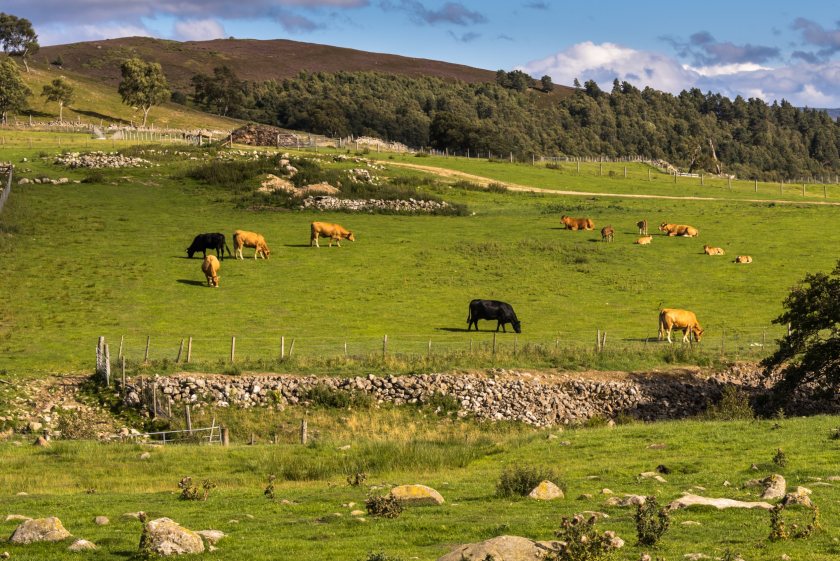
Rural campaigners have hailed the scrapping of the Galloway National Park proposal as a win for local voices and businesses who warned the plan offered little benefit and plenty of risk.
The decision follows a public consultation by NatureScot, which found that a majority of Dumfries and Galloway residents, including farmers, were opposed to the proposed designation.
Rural Affairs Secretary Mairi Gougeon confirmed that opposition to the nomination meant that the region in southwest Scotland would not join the Cairngorms and Loch Lomond & the Trossachs as the country’s third national park.
Speaking in the Scottish Parliament, she said: “While there is substantial support for a national park and what it could deliver for the southwest of Scotland, there is also significant opposition.
"I realise that this decision will be very disappointing for those who have been campaigning for a new national park in Galloway over many years.
“I also recognise the huge amount of work and time that has been invested by a great many people throughout this process."
Farmers in the area strongly opposed the move, as many say it would fail to deliver any tangible advantages for their businesses.
Other concerns highlighted included public access problems and uncertainty surrounding funding for the project.
Rural business body Scottish Land & Estates (SLE) said the decision not to proceed was the right one by the Scottish government.
It conducted its own survey of members, revealing that 91% of respondents within the proposed park boundaries, and 67% in the surrounding area, opposed the plan.
“These are the farmers, foresters, tourism providers and rural businesses who form the backbone of the region’s economy,” said Stephen Young, director of policy at SLE.
While the organisation emphasised that it is not opposed to the idea of national parks in general, it questioned what tangible benefits the Galloway proposal would bring.
In particular, it noted that the region already benefits from major conservation and tourism initiatives including the UNESCO Biosphere, the International Dark Sky Park, and support from South of Scotland Enterprise.
“The proposal failed to explain what added value it would bring – particularly in the face of well-established initiatives already delivering for nature, people and the economy."
Scottish Conservative MSP for Galloway and West Dumfries, Finlay Carson, also hailed the government’s decision, calling it “a victory for common sense and a victory for local people".
Mr Carson criticised the consultation process, describing it as lacking transparency and divisive within local communities.
“The whole process was completely blighted by a lack of transparency and created deep divisions within our community that may well take years to heal,” he said.
He also accused the Scottish government of failing to learn lessons from the experience and called for an independent review of how national parks in Scotland are planned and managed.
“The government still do not appear to have learned any lessons from the mistakes they made throughout this consultation process and still won’t commit to any independent review of current national parks,” he added.
“Until they do that then it will be impossible for them to rebuild trust with those living and working in Galloway and Ayrshire whose concerns all too often fell on deaf ears.”
